Digital Minimalism will be the tech trend of 2019
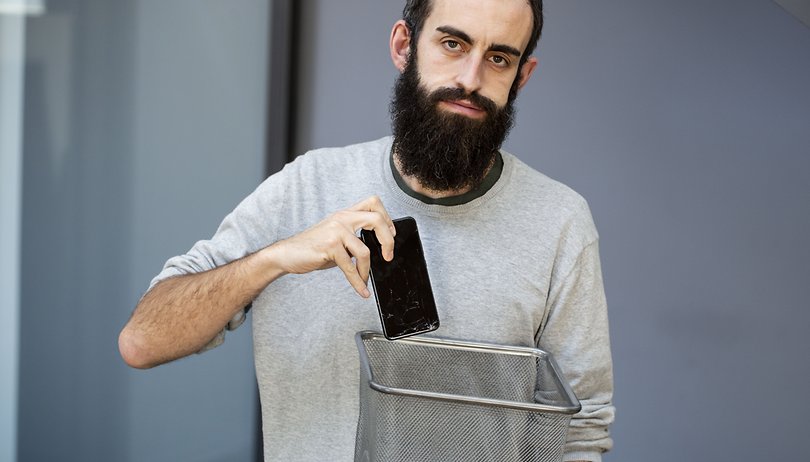

Dumb phones, less screen time, and purging social media, those are the tech trends I’m predicting for 2019. The general practice is known as Digital Minimalism, and it is going to be all the rage this year. Here’s why.
Digital Minimalism is built on the same principle as analog minimalism, or simply ‘minimalism’, as its more commonly known. The idea is that by getting rid of what we don’t actually need, we can create zen habits that improve our mental state and wellbeing. In some ways, it is an anti-capitalist philosophy, yet products with minimalist aesthetics appeal to fans of the lifestyle.
For some, having a minimalist mentality is not so much about throwing away all of your stuff, but focusing on quality over quantity. For others, minimalism is a trend, a fashion, and about becoming part of a sub-culture the same way we had hippies in the '60s, punks in the '70s, new romantics in the '80s and so and so forth.
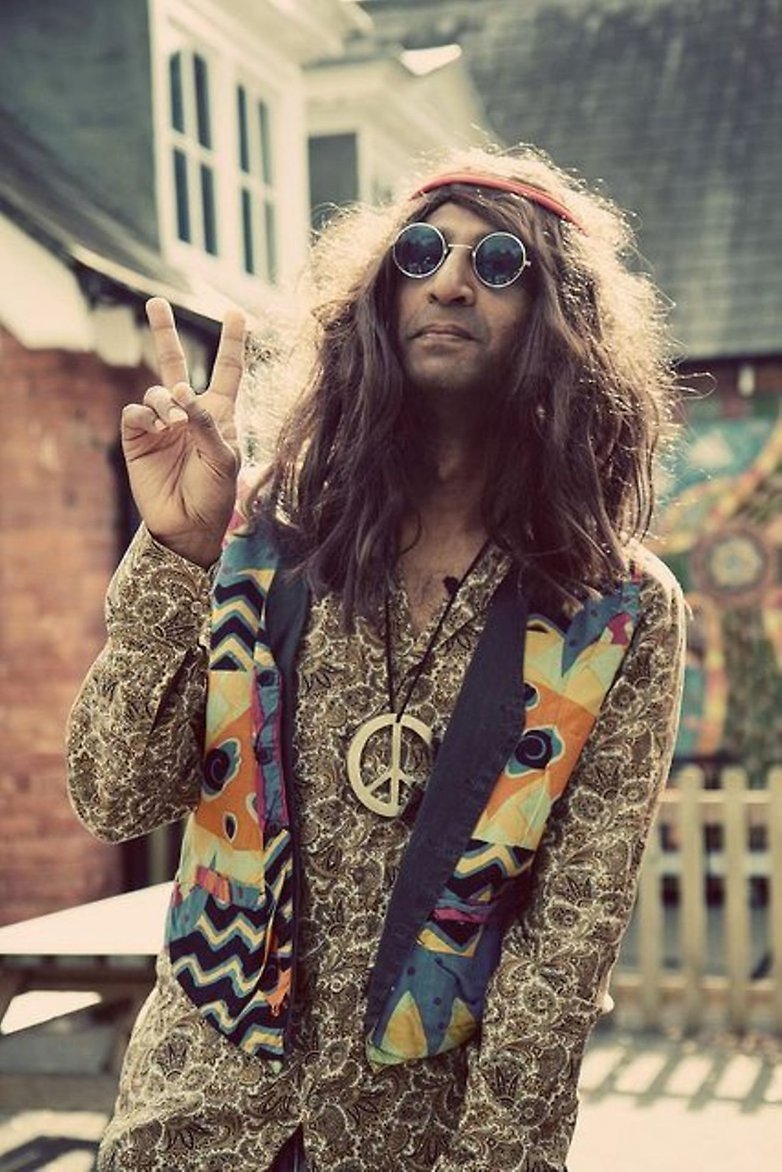
In the last year or so, Digital Minimalism has emerged. People are choosing to re-evaluate their relationships with technology, thinking differently about the ways in which (or how often) they use technology like smartphones and social media. The big tech firms are already reacting, too. Google went big on Digital Wellbeing with its Android 9 Pie update and Apple is doing a similar thing with Screen Time on iOS. Silicon Valley is worried about digital minimalism, and with good reason.
Next month will see the release of a new book by Cal Newport, a professor of computer science at Georgetown University who has written five self-help books already. His latest, titled Digital Minimalism: On Living Better with Less Technology, is about taking back control of a life in which big tech companies have so much influence over us.
Tech addiction is not a new concept, of course, but I feel as though 2019 could be a tipping point. This year is going to be the year when it becomes ‘cool’ to be a digital minimalist.
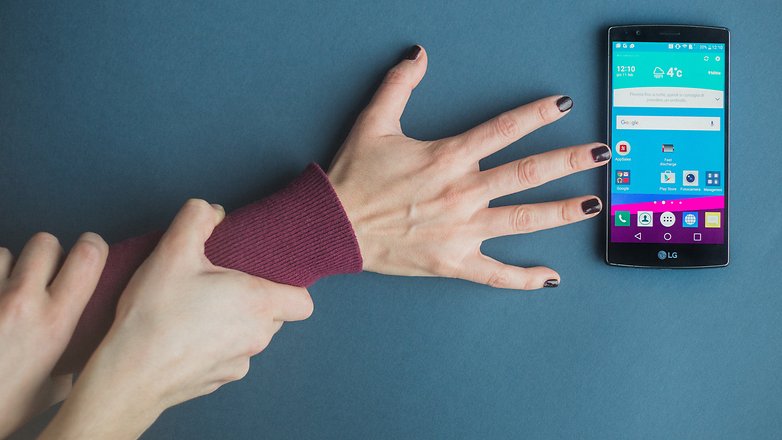
Having a dumb phone and no social media accounts is going to become a more popular lifestyle choice. In the same way that being vegan has gone from ‘freaky eater’ to ‘liberal urban elite’, I get the sense that we are heading in the same direction with technology.
Social media will be the first to fall, of course. Last year was one to forget for Facebook and Twitter remains an echo chamber for faceless, fatuous keyboard warriors. Just this week, actor Will Poulter, who plays Colin Ritman in Charlie Brooker’s interactive Netflix show, Black Mirror: Bandersnatch, quit the platform citing “recent experiences” as the reason for his departure. It seems that even doing your job sincerely and well is enough to attract online abuse in 2019.
Then there is the effect social media is having on our children. New reports have linked depression in girls to high social media use. Girls with depression are more than twice as likely as boys with the same symptoms to spend more than five hours a day on social media sites and apps. These kinds of reports are becoming more and more common.
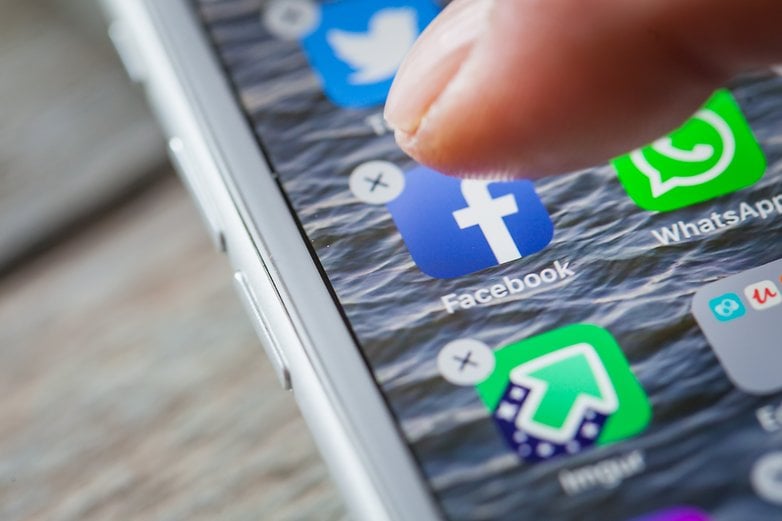
The counter-argument to all of this is that just because studies show social media is bad for your mental health doesn’t mean that giving up is as easy as deciding to do so. These platforms are addictive. How many people have you heard say something like: “Yeah, I have Facebook, but I hardly ever use it.” Sure, and I smoke 20 a day but I can quit any time.
If deleting your social media accounts is the digital minimalism equivalent of de-cluttering your wardrobe, then switching to a dumb phone is the full ‘selling all your furniture and sleeping in a bag on the floor’ approach. Surviving without maps, access to bank accounts and the ability to find almost any practical piece of information you could possibly need in seconds, is much harder to swallow than missing out on another selfie of Katie from the office.
Yet, we live in the era of relentless pressure for self-improvement. Seriously, if you are not on the Mark Wahlberg schedule, what is the point of living? The harder the challenge, the more hipster points you get. Journalists who have tried and written about ‘going dumb’ have reported feeling “more centered, less distracted, less edgy”. The kind of buzzwords you used to hear people use when talking about yoga, and that has gone from strength to strength.
Our very own Jessica tried this in June 2017 and concluded that: “The Nokia 3310 would be a great second phone, but a life without smartphones, in my opinion, is unimaginable these days.” We are now 18 months further down the line, and the tide is turning.
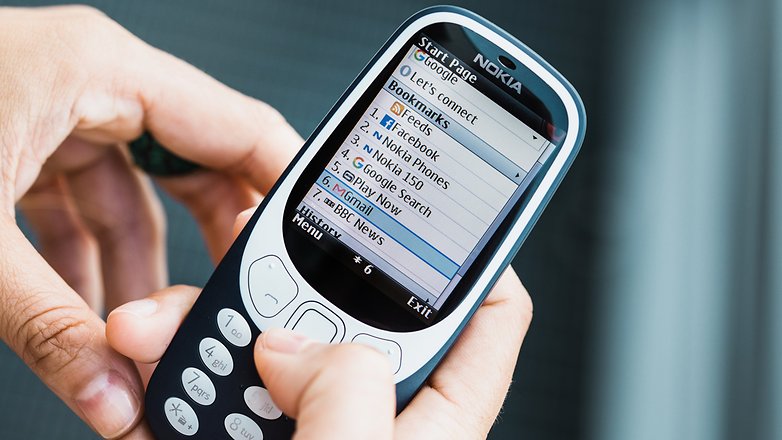
The main reason, however, that I think 2019 is the tipping point is based on sheer numbers. Digital media use is up 40% since 2013, smartphone use has doubled in the last three years, and 1 of every 5 minutes spent online today is spent on social media.
If 2019 is not the year that digital minimalism goes mainstream, do you really want to see how much deeper the rabbit hole goes?
Have you ever tried digital minimalism? Share your tech habits (good or bad) in the comments section below.






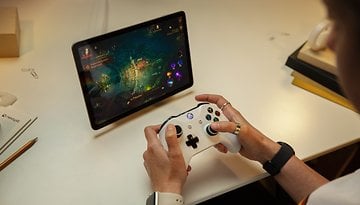
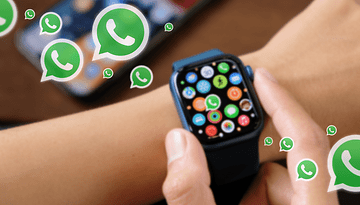
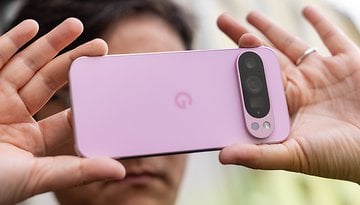
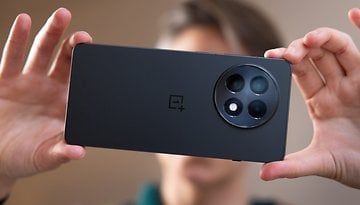
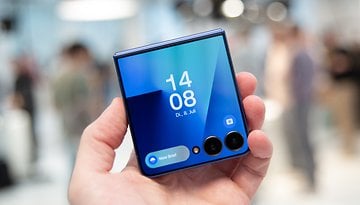

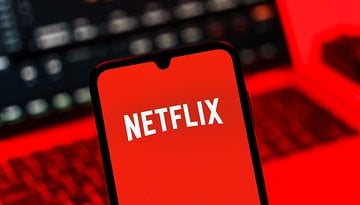
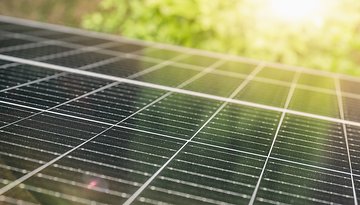
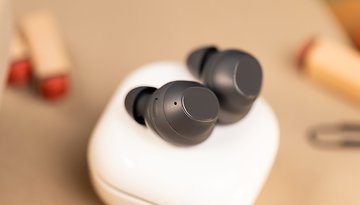
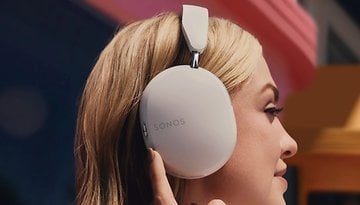
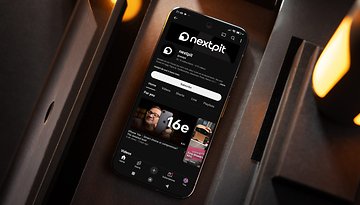
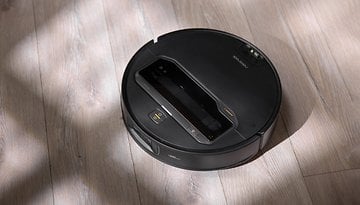


I am a digital minimalist who would not be able to - nor would I want to - live without my smartphone.
My form of digital minimalism is to limit any apps on my phone other than the ones that can’t be deleted or disabled. I use the existing apps to organize my life using calendar, notes, etc...to keep myself on track and not forgetting important things. The only app that I have installed is my banking app. I don’t have social media apps on my phone so that I don’t feel tempted to browse them out of boredom. Instead I find productive uses in my life to ease my boredom.
I think my desire for minimalism in all aspects of my life help me manage phone use and I have been much happier and productive being as disconnected as I can be.
Some may doubt but I don't - that technology power users can also be Tech minimalists, and I am one of them. Expression of more in less is emancipation, is a heartfelt joy, cultivates refinement and capacitates the horse of life to fly in the sky.
Same as Rusty, except I have two physical phones. I don't bring my personal phone to work and I don't take my work phone home. Most of the time, my home phone is left sitting on my desk even if I'm out. I don't worry about missing things.
good information.
My phone is about 80% for work, 20% personal. Typically, after I get home from work, I rarely touch it. On the weekend, it can be charged up by Friday morning and still retain over 60 percent charge by Sunday evening. I'm not one of those that has the "PHIS" or "phone in hand syndrome" that carry the phone in their hands most of the time, afraid they might miss something.